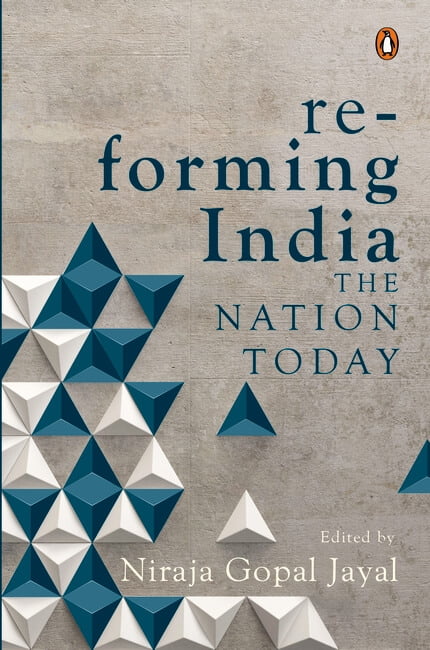Introduction
The expansion of renewable energy (RE) within India’s electricity system is not a technical question alone. It is also an inherently political struggle between powerful incumbents and disruptive challengers, with destabilising consequences for existing institutional forms and power structures. The existing system is held in place by a supporting configuration of technology, politics and institutions. If RE is to substantially displace fossil fuels, the existing configuration will have to give way to a new such configuration that supports RE. This article explains the existing political and institutional underpinnings of the current electricity system, and discusses the forces that hold them in place and what it will take to shake these loose. In doing so, it seeks to make two points to two discrete audiences. First, to electricity and energy practitioners, it suggests that looking at the spread of RE only through a technical lens is highly incomplete; the likelihood, speed and impact of RE will be determined by political and institutional factors as well. Second, to broader analysts of India’s economy and politics, it suggests that disruptions in Indian energy are highly likely to also imply disruptive politics and economics; any story of Indian political economy in the coming decade is incomplete without an exploration of shifts driven by changes in electricity politics.
Read more







